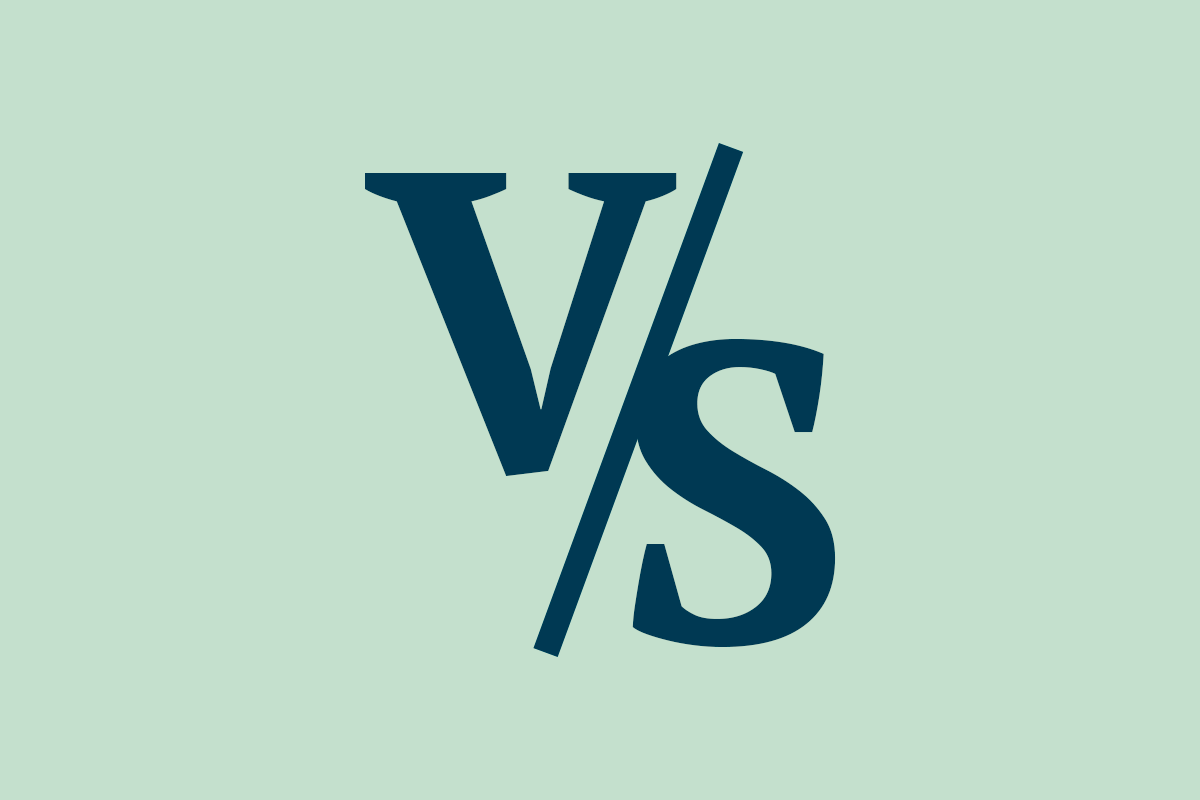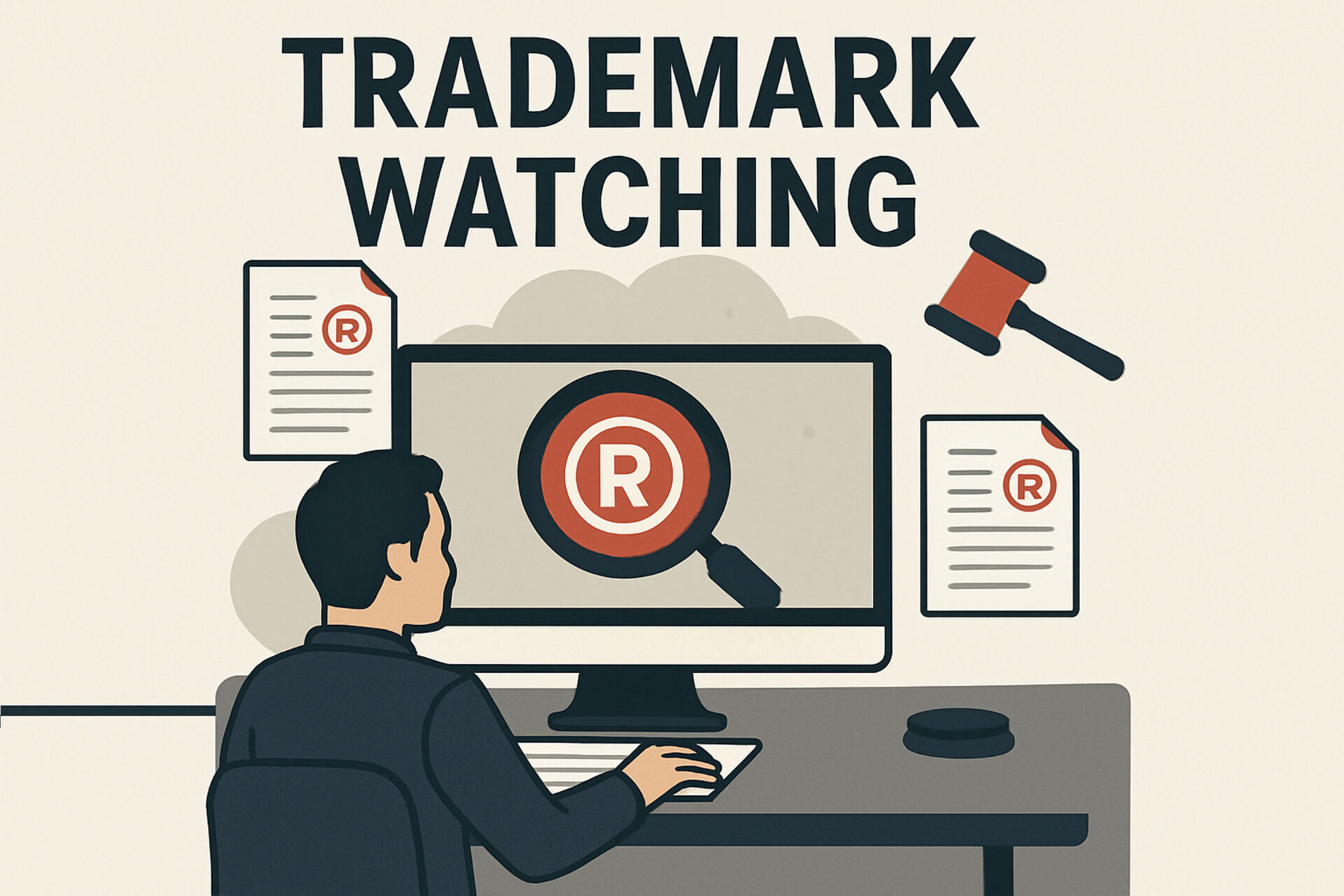Opposition is a formal objection, usually filed by another trademark owner, against the registration of a new trademark application. Basically, someone else wants to prevent the trademark from being registered.
Oppositions are filed with and handled by the official trademark authorities. They assess whether the trademark application is confusingly similar to an earlier trademark, or to an older trade or company name.
Legal facts of oppositions against a Benelux or EU trademark application
Opposition period
In the Benelux, oppositions can be filed up to 2 months after the date of publication of the trademark application. In the EU this period is 3 months.
Authorities
Opposition is filed with the relevant official trademark authorities, such as the Benelux Office for Intellectual Property (BOIP) or the Office of Intellectual property of the European Union (EUIPO).
Expiry of the opposition period without the filing an opposition
When the opposition period of a Benelux or EU trademark application has expired, a cancellation action can still be filed with the BOIP or EUIPO. The use and registration of an allegedly conflicting trademark can also be challenged by a court action.
Procedure
The applicant of the opposed trademark will immediately be informed of the opposition by the trademark authorities and subsequently the admissibility of the opposition will be examined.
Invoked rights
In the Benelux, opposition can only be filed on the basis of a registered trademark or an unregistered well-known trademark. In the EU, in addition to trademarks, opposition can also be filed on the basis of a company name of more than local significance.
Admissibility
Oppositions will only be considered if the request has been submitted within the time limit, if the fees have been paid and if the invoked rights are valid. In the Benelux the opposition fees are € 1.045,-, of which 40% must be paid before the end of the opposition period and the remainder before the end of the cooling off period. For the EU the opposition fees are € 320,-.
Suspension
If one of the invoked trademarks has not yet been registered, the procedure will be suspended until the trademark in question has been registered.
Cooling off period
This is the first period of 2 months in which the opposition is put ‘on hold’ to give the parties the opportunity to come to an friendly settlement. The parties may jointly request an extension of this period.
Grounds of opposition and arguments
After expiry of the cooling off period, the opponent has 2 months to further substantiate the opposition by submitting grounds and supporting documentation.
After receipt of the opposition grounds, the applicant has 2 months to respond and submit arguments in reply.
Proof of use
If the invoked trade mark has been registered for more than 5 years, proof of use may be requested by the applicant of the opposed trademark. If the opponent cannot prove that the mark has been ‘put to genuine use’ for the goods and services in questions, within a period of five years following the registration, his rights cannot be succesfully invoked.
Duration of the procedure
Due to the various the time limits, and certainly if use plays a role, it can take up to a year before the opposition decision is issued.
Scope of the opposition
The procedure only concerns the trademark application, and NOT the use of the trademark. You have to go to Court to act against the use of a trademark.
Opposition decision
The trademark authorities decide whether the opposition is well-founded or not. If the opposition is well-founded, the opposed trademark application will be refused in whole or partially.
Costs
The opponent has to pay the opposition fees. If the opponent wins, the opponent can recover these costs from the applicant. Where both parties have partly lost, each party shall bear their own costs. The parties shall never be reimbursed for all costs.
Appeal
It is possible to appeal against an opposition decision.
Content of the opposition
The substantive arguments in an opposition mainly concern the comparison of the trademarks of both parties and the goods and services for which the marks have been applied for.
A few guidelines:
- Trademarks do not have to be identical, in order to be considered confusingly similar;
- The visual, phonetic and conceptual aspects of the trademarks will be compared;
- Weak (descriptive) trademarks enjoy limited protection;
- The dominant and distinctive elements of the trademarks in question are given the most weight;
- Word elements usually take precedence over the graphic elements, unless the word is descriptive;
- The trademarks as registered are compared: the actual use of a trademark will NOT be taken into account;
- Factual evidence of use only plays a role if the opponent relies on the reputation of its trademark;
- The overall impression of trademarks is important, with the first part of marks usually weighing most heavily in the comparison. For example, the oppositions VENTILO against VENTIUNO and PRIMERA against PRIMOSA were granted and DOLMIO against POMIO was rejected;
- Highly distinctive trademarks (such as non-descriptive fantasy names) enjoy extensive protection. The similarity of the goods and services is in that case is more likely to be assumed;
- Weakly distinctive trademarks enjoy less protection. In that case, a successful opposition requires a strong similarity between the goods and services;
Trademarks are emotions and it is therefore often difficult to objectively look at your own case. Opposition is an neutral and objective procedure in which there is no room for weighing of subjective interests and additional circumstances. Contact us if you are involved in an opposition or if you want to file an opposition. We can assess the risks and chances of success and ensure that your opposition leads to a successful outcome.




